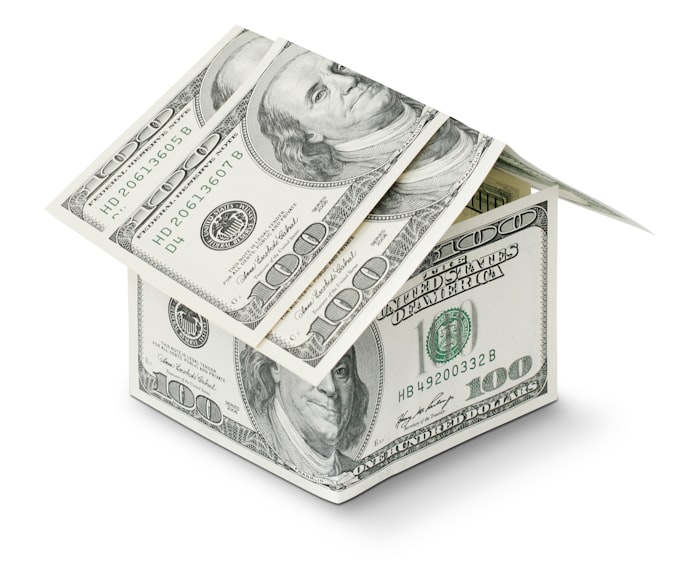You know a high credit score is important. You might even vaguely know that it affects the interest rates you get on loans. If you’re thinking of getting a mortgage, vaguely knowing isn’t going to cut it. Knowing why your credit score should be high, how it’s calculated, and how to bump it up is important.
Thankfully, it’s all easy to understand. Here’s what you need to know.
The Fuss is Warranted
Mortgage delinquency is when a borrower is one or more months behind on a home loan payment. According to recent reports, over 1.5 million homeowners are 90 days or more past due on their mortgage payments. Financial Institutions hold over $10 trillion in mortgage debt. You can see why lenders need to know that a borrower is trustworthy.
Your credit score is how they gauge this. It is a track record of how well or not you handle debt. These 3 numbers will affect your loan amount, interest rates, and the down payment you’ll be asked for.
Say you take out a mortgage on a $200,000 home after putting 10% down with a 4.5% interest rate on a 30-year fixed-rate mortgage. Your monthly payment would be $912 and you would pay $148,333 total in interest over the life of the loan.
If you were to take out that same loan with a 6.0% rate of interest, your monthly payment would be $1,079 and you’d pay $187,927 total in interest.
The difference of 1.5% in interest results in $39,594 more paid overtime.
Your Score Versus Your Loan Option
These are your loan options depending on your current credit score:
Conventional Loan
Conventional home loans are not backed by the federal government. Individual lenders have some discretionary power, so it’s best to shop around for lenders who aren’t out to take advantage of you. For instance, with a solid credit score, SoFi mortgages offer you a variety of loan options and decent interest rates.
Generally, you need a minimum credit score of 620.
FHA Loans
Lenders can afford to be lenient under this program as they’re backed by the Federal Housing Administration. With a 580 credit score, you’ll qualify for a 3.5% down payment loan.
If your score is lower, a 500 credit score still means only a 10% down payment loan.
VA and USDA Loans
If you’re a U.S. military service personnel, veteran, or the close family of either, you may be eligible for a VA loan. The latter program is targeted at low to middle-income earners buying homes in areas recognized as rural and suburban.
There’s no minimum credit score for either. Lenders are required to review the entire loan profile, however, so having a decent credit score couldn’t hurt.
What is Your Credit Score?
There are 3 main credit reporting agencies- Equifax, Experian, and TransUnion. You can request a free credit report from any of them once every year.
Over 90% of lenders use FICO credit scores. Here’s how it’s calculated:
- Payment history: 35%
- Credit utilization: 30%
- Length of credit history: 15%
- Types of credit: 10%
- New credit inquiries: 10%
Hope
If you have a low credit score, don’t despair just yet. Here’s how to bump up your number using the five components as a guide.
- Payment history– this has the highest influence, so you’ll want to avoid late payments. Set up automatic payments.
- Credit utilization– this is your credit limit versus what you’re borrowing. Keep your outstanding balance at 30% or less of your credit limit.
- Length of credit history– the longer your account has been open the better.
- Types of credit– having multiple types of loans is more favorable than one or two.
- New credit inquiries– applying for new credit repeatedly will negatively affect your score.
A high credit score is primarily how you don’t get the short end of the loan stick. Luckily, there are ways to improve it. If you have a low credit score, it’s best to take your time to improve it before you apply for a mortgage.

Comments